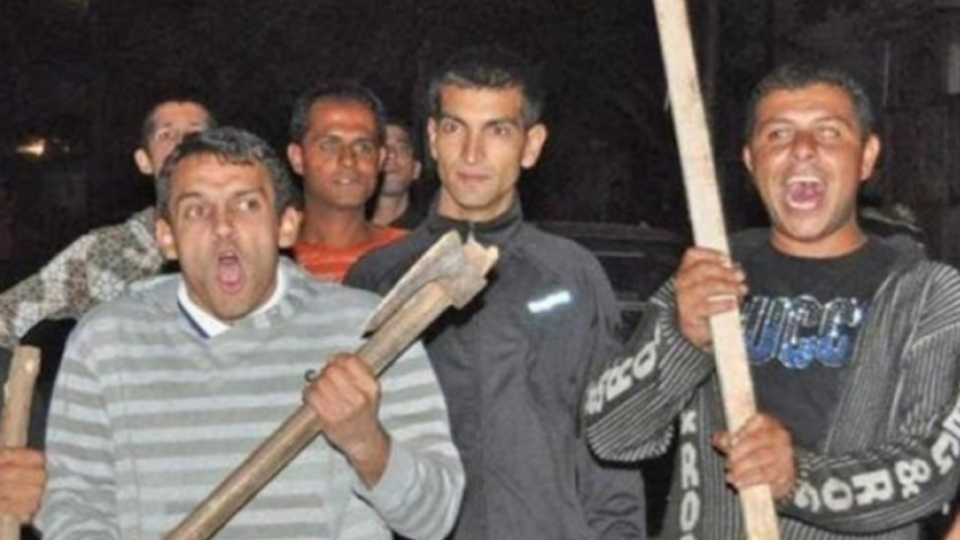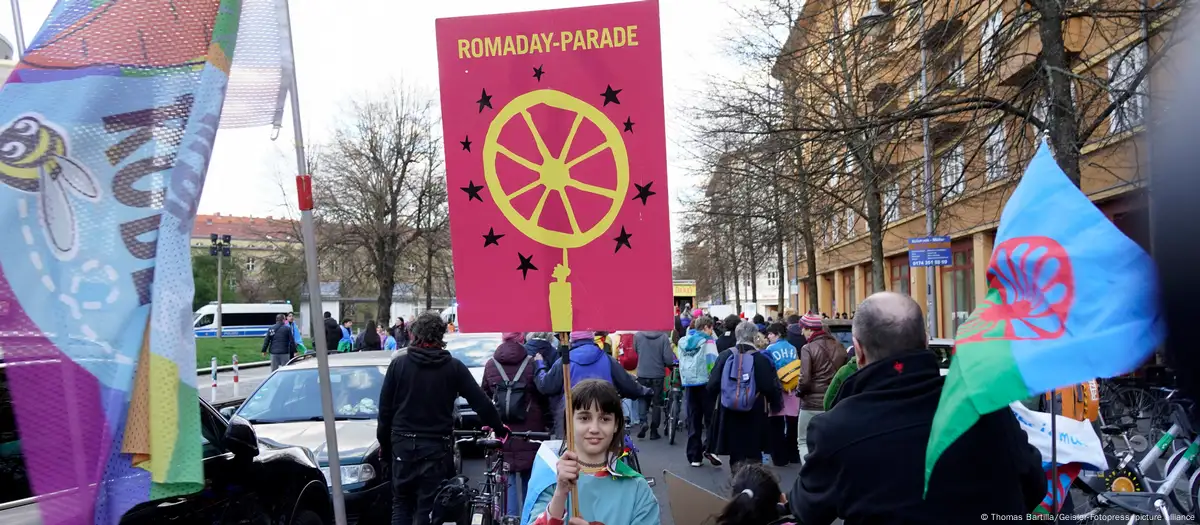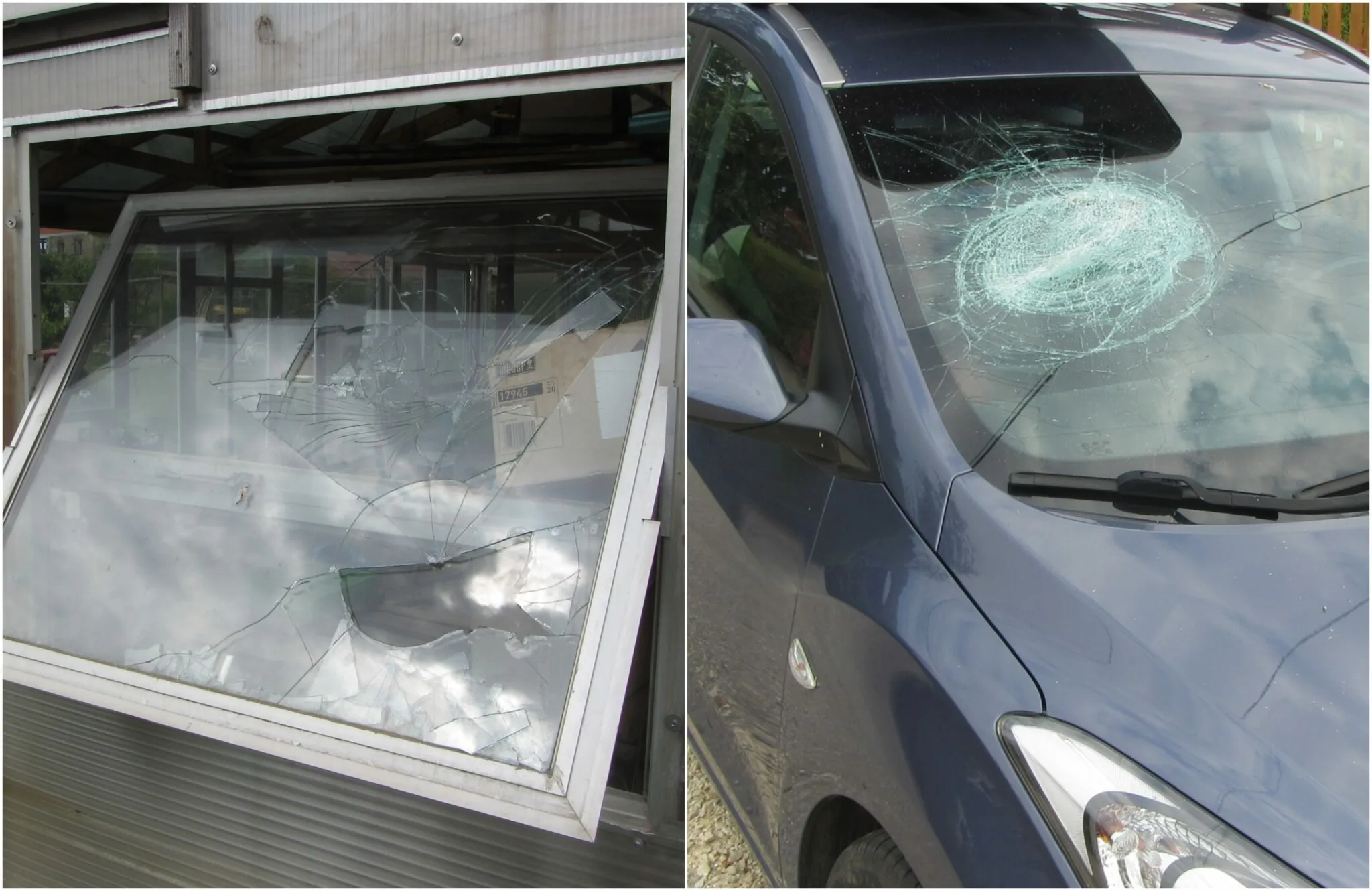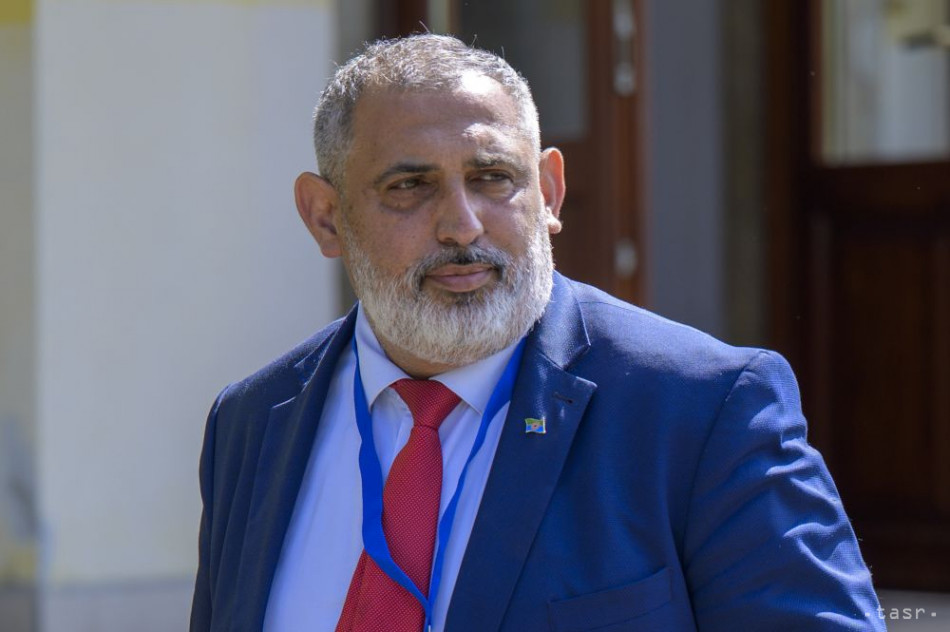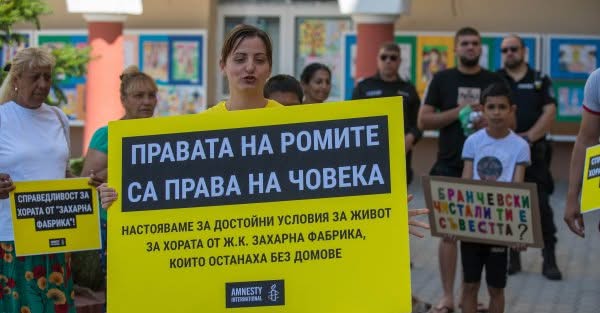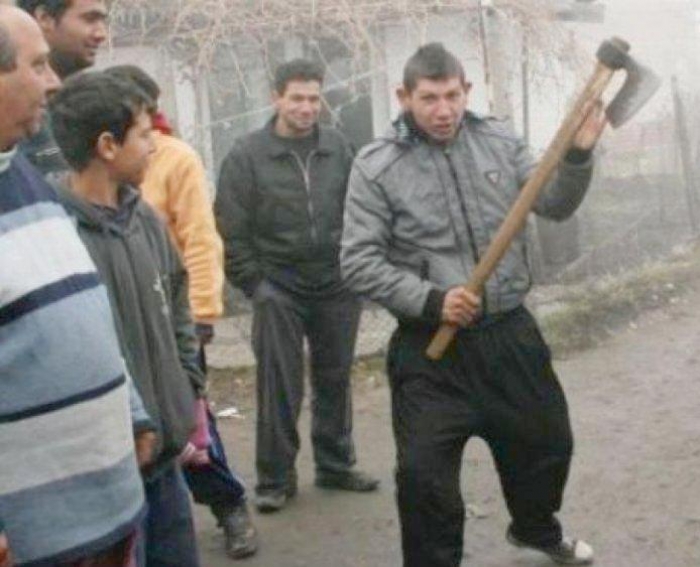The recent attack by a Roma youngster resulted in outrage. This editorial basically says that Roma are being treaded to kindly. The journalists Anton Stefanov says “There is no age to be a freak – how long will being a minor protect you?!”
“It is precisely because of the powerlessness of the state that there should be no mercy after this case! Because tomorrow there will be fists for other children too”
- Антон Стефанов: За да си изрод, няма възраст – докога това, че си малолетен, ще те пази?! In: Safe News. 27.06.2025. https://safenews.bg/anton-stefanov-za-da-si-izrod-nyama-vazrast-dokoga-tova-che-si-maloleten-sthe-te-pazi/


